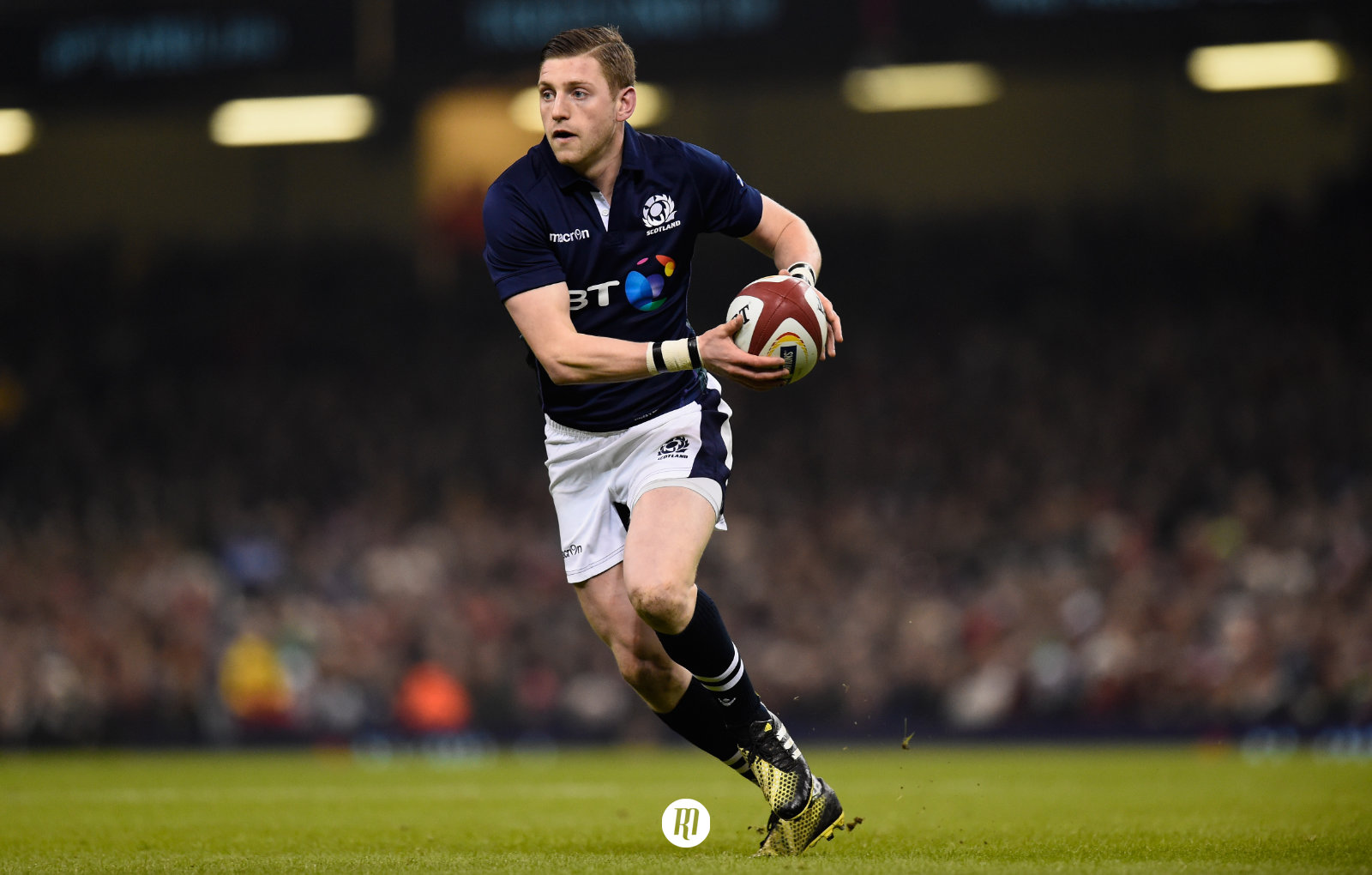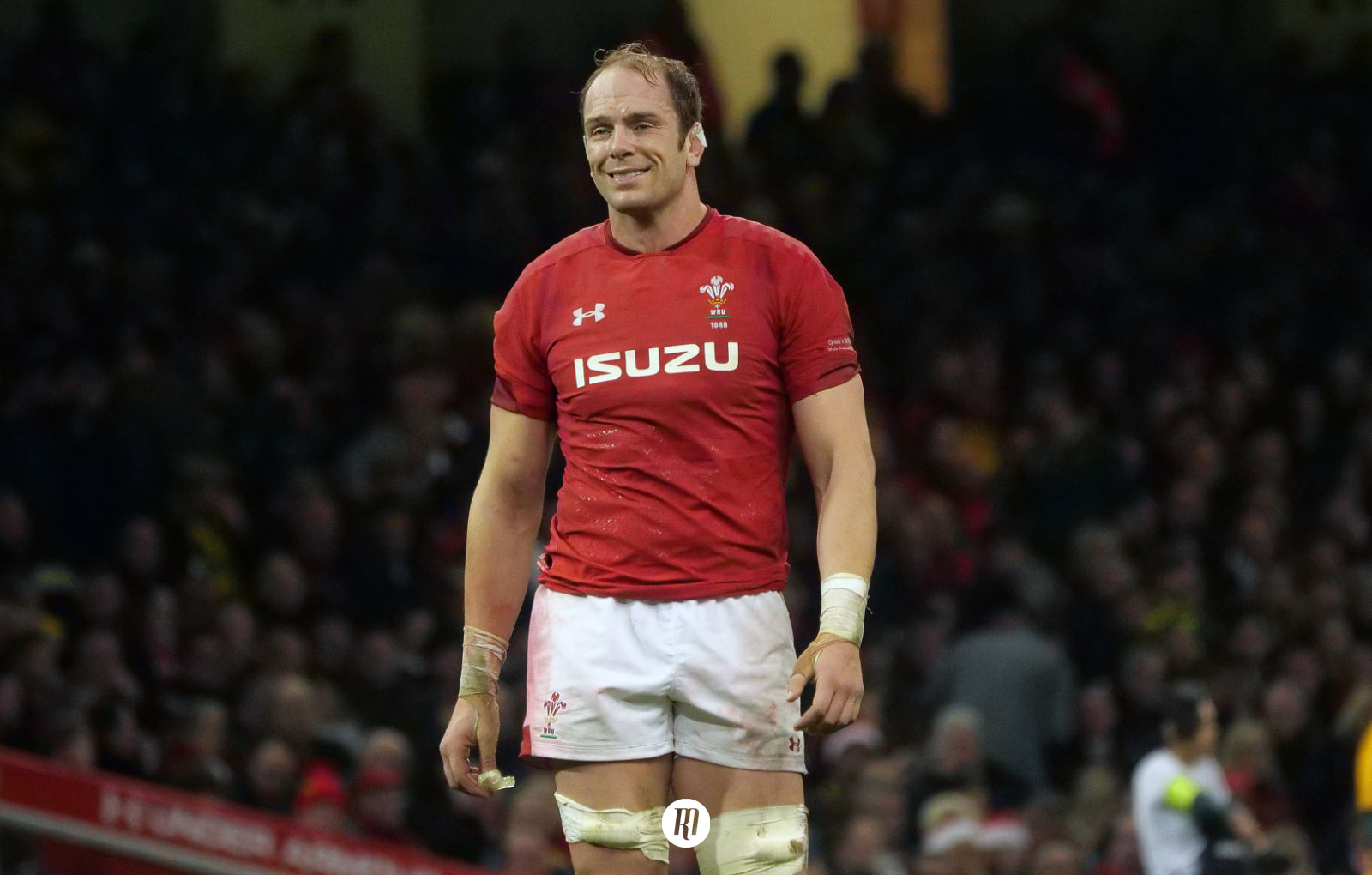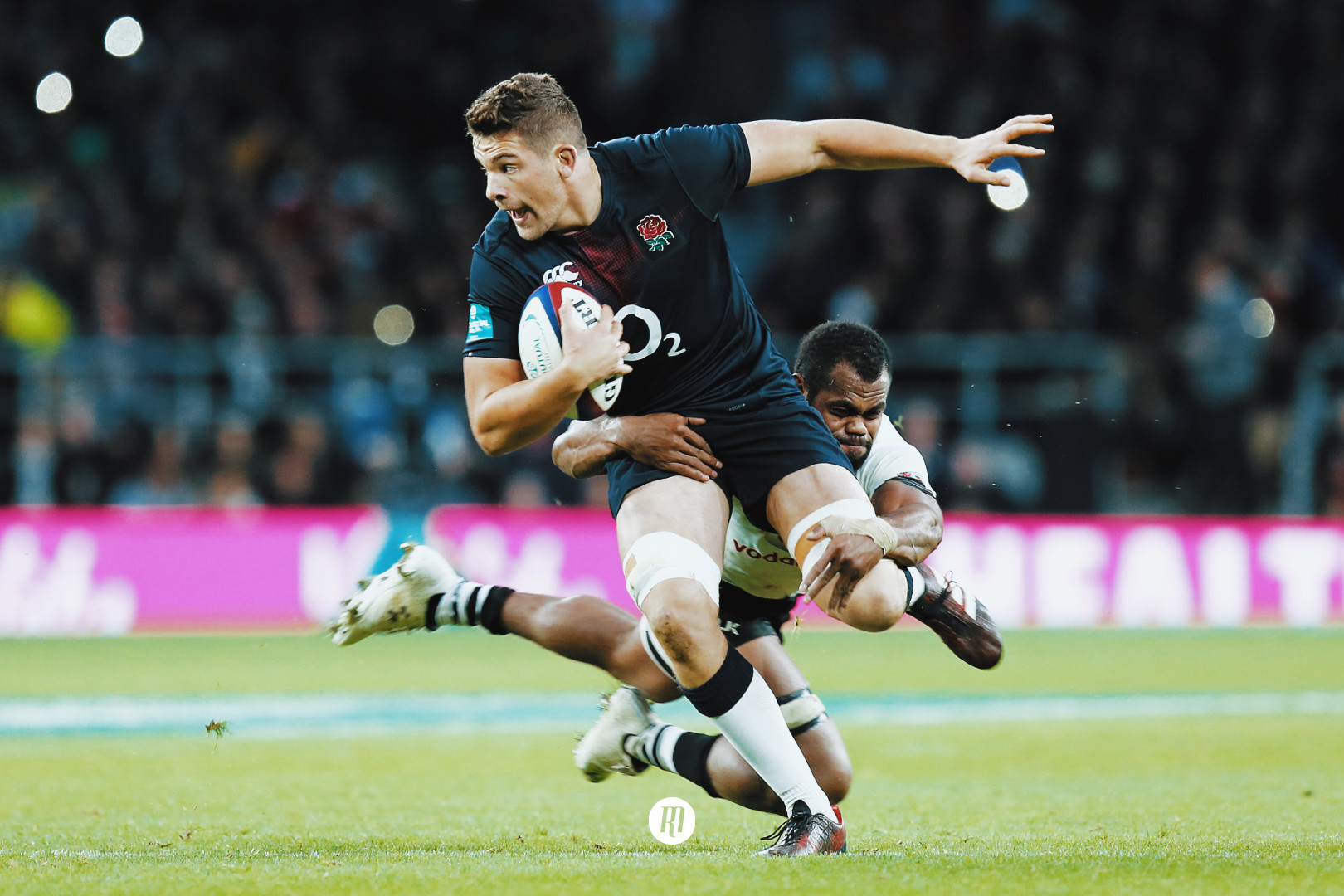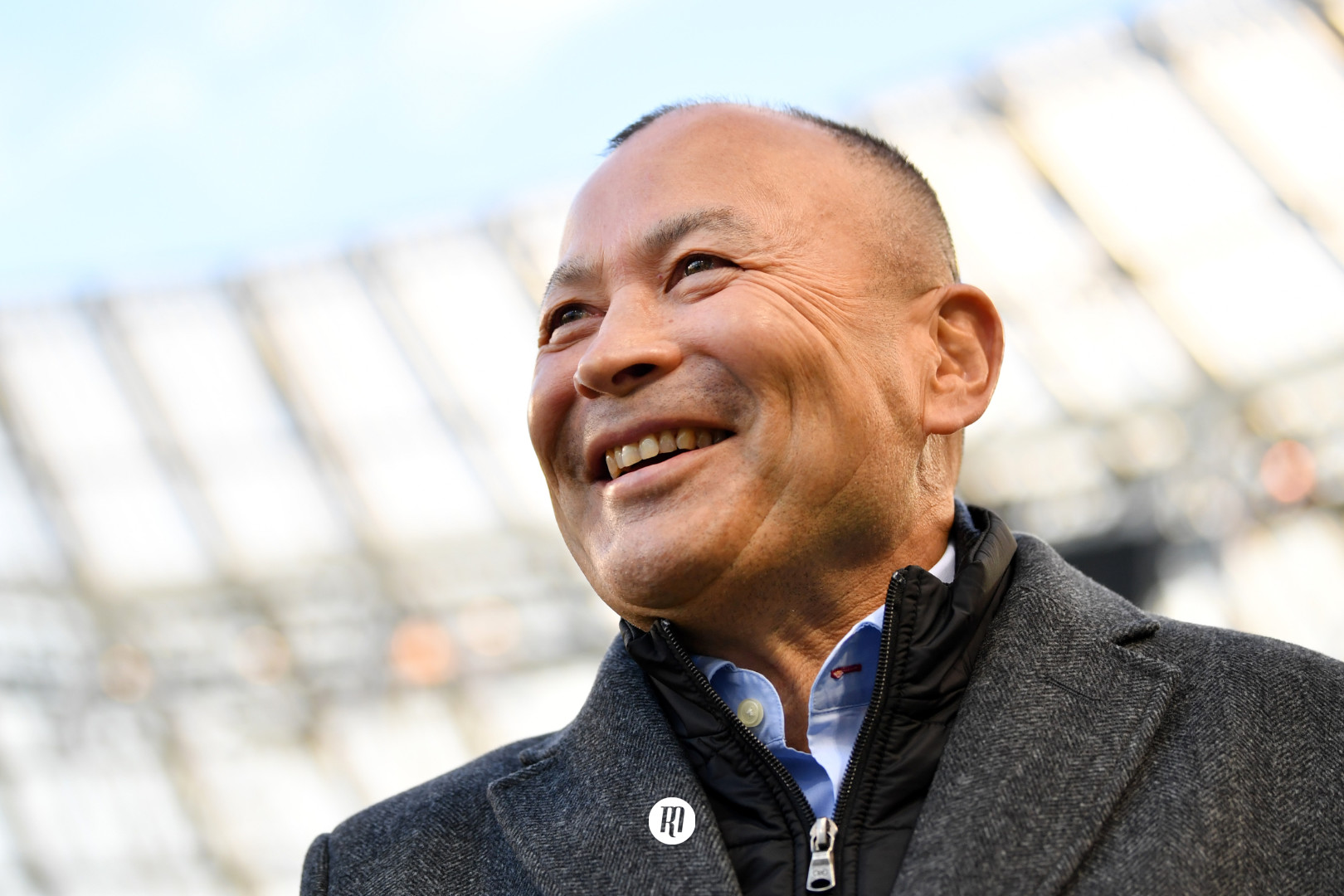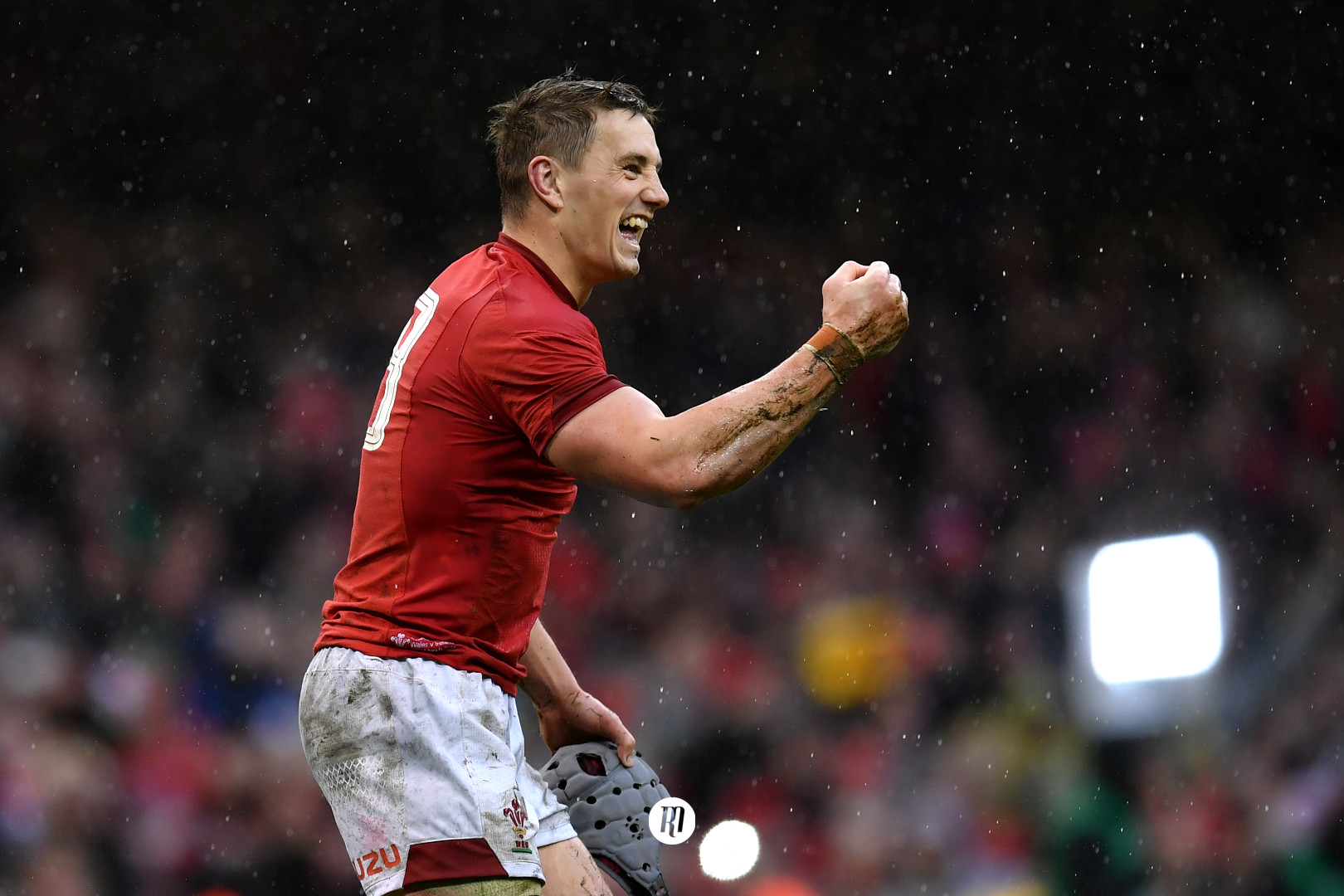The most influential players for the top World Cup contenders
21. That is the number currently read on the clock counting down the days to the start of the 2019 Rugby World Cup in Japan. Three short weeks to the return of rugby union’s pinnacle, the excitement is palpable in The Rugby Magazine’s HQ. To help distract both you and us from the Christmas Eve-like tension, we take a look at the players we think will be the most influential for the top ten nations.
New Zealand: Ben Smith
While the back-to-back world champions will place more reliance on scrum-half Aaron Smith since the inception of the Richie Mo’unga-Beauden Barrett 10-15 axis, it is the man fondly referred to as ‘Ben from accounts’ that will arguably play a larger role in the success of the All Blacks’ new dual fly-half dynamic.
The dual playmaker tandem being deployed by Steve Hansen has shown only glimpses of its true potential over the last four games, but that alone should be enough to put every top ten nation on edge. But, like England with Elliot Daly, stabilisation is required in the new-look back three. Now stationed on the wing, with Barrett donning his former jersey, Ben Smith’s role as the man that will help secure the defensive shape of the back three and potentially step back into the fifteen jersey on short-notice should Hansen fall out of love with the Mo’unga-Barrett blend will be a key factor in New Zealand driving towards a fourth consecutive World Cup final.
Wales: Dan Biggar
While it’s slightly ‘yawn’ to pick a fly-half here, the knee ligament injury that has ruled Gareth Anscombe out for nearly a year has handed Wales a real blow. Both the loss of Anscombe’s attacking dimension and the now all-important health of Biggar - backed up be unproven duo Jarrod Evans and Rhys Patchell - place the utmost importance on the Northampton Saints’ standoff’s health.
Biggar is a big game player and British and Irish Lions tourist, where Evans is yet to earn a single cap and Patchell’s club form and previous 11 caps are yet to provide Warren Gatland with the type of assured backups other top nations can boast. Most importantly, the pressure rugby Wales have found such success with of late comes directly from Biggar in the armchair a determined pack so often supply him.
England: Billy Vunipola
While captain and first-choice fly-half Owen Farrell seems the most obvious option here, the role that England’s Australian-born, Tongan heritage number eight Billy Vunipola plays in England’s victories is paramount. In truth, Eddie Jones’s side relies on Vunipola’s unrivalled carrying game less than ever, but it is the Saracens backrower’s threat that allows the rest of the team to do what they do, more than his actual work ball-in-hand.
Whether from the set-piece or in phase play, Big Bill’s presence demands the attention of at least two defenders at any one time, while his offloading game and breakdown presence have been at the heart of England’s recent resurgence. The space that Vunipola opens up for a backline consisting of two playmakers and the bruising frames of Joe Cokanasiga and Manu Tuilagi will be vital for any hope this team have of recreating the heroics of 2003.
Ireland: Peter O’Mahony
Again, the temptation here is to peg Jonathan Sexton as Ireland’s most influential player as we head towards Japan. However, the troubles that have plagued Joe Schmidt’s side in two defeats to England and one to Wales this year come from the men doing the heavy lifting up front.
Earlier this week, second row James Ryan stated that issues at the lineout and in defence top Ireland’s priorities list, going on to state that being beaten to the air at the lineout as an easily identifiable problem. Another Leinsterman, Devin Toner, will call the lineouts, but the speed to the air and security of Munster flanker Peter O’Mahony will be paramount.
Furthermore, O’Mahony’s role at the breakdown will also achieve a higher value. The battle of the breakdown has become more of a foot race than a tussle of lat, with the first team to the ruck securing possession far, far more often than the side with the most fetchers. O’Mahony’s lineout role and speed from breakdown to breakdown while on defensive duty - slowing opposition possession – will be vital in ensuring pool, and hopefully playoff, opponents are not afforded the type of training run England were at Twickenham last week.
South Africa: Handre Pollard
Prior to the return to the Springbok fold of Biggar’s fellow Saint halfback partner Cobus Reinach and Herschel Jantjies’ sensational Test bow, Faf de Klerk would have boasted this accolade for South Africa. As things stand, even a tournament-ending injury to Rassie Erasmus’s own Lite edition of Prince Charming would not break South African hearts.
Now, it is the assured presence of the typically hard-nosed Saffa fly-half Handre Pollard that will play the largest hand from the ten jersey. Fortunately, Pollard’s often criticised lack of attacking ingenuity is offset by the presence of de Klerk at nine and Willie le Roux at fullback, allowing his skillset as the lynchpin around which the South African game turns to thrive.
Without Pollard, the questionable consistency and error rate of Elton Jantjies could seriously hamstring the team that have become many fans’ favourite to win it all in Japan.
Australia: Kurtley Beale
Unlike the previous five names on this list, Kurtley Beale is not what you would call a steadying factor, or a man who is looked towards to provide a platform. No, Beale is perhaps the most important, if not then a close second, creative influence in the Wallaby team. In the aftermath of the rather sour-tasting departure of Israel Folau, Michael Cheika turned to the snake-hipped, ball-playing option from the backfield rather than a thoroughbred outside back; a Tom Banks or Dane Haylett-Petty for example.
In Beale, Australia have a point of difference going forward and man that can create moments of magic that can supplement the lagging blood glucose stores of his teammates. As we saw from their Rugby Championship campaign, chest-thumping performances have become the exception, and not the rule. Cheika’s side is in great need of someone to spark the Wallabies’ engine. Whether through his silky attacks or game management from the backfield, Beale is the man to provide such an influence.
Scotland: Finn Russell
Doubling up as the most influential player and the most damaging potential absence, Finn Russell is the boy-genius that could just as easily unravel the all Blacks as throw the match-winning intercept pass to Beauden Barrett himself. The Glaswegian is intoxicating, exhilarating and high blood pressure inducing. But, for all the criticisms and superlatives of his unpredictability, Russell will mean the difference between Scotland standing a chance of making it into the semi-finals this year and a potential pool stage exit.
Understudy Adam Hastings is built in the same mould, but cannot guide an international team to the highs Russell has time and time again, yet. It is imperative for Scotland that Greig Laidlaw’s - captain, scrum-half and goal kicker - steady approach is paired with Russell’s crazy professor-like magnetism.
France: Arthur Iturria
Given France are perhaps the embodiment of what Finn Russell would look like if he divided himself into a national team, it is very hard to pick out exactly who will be the most influential player for the French. Captain Guilhem Guirado is one of the best hookers in the world, but he is proficiently backed up by the tree trunk-necked Camille Chat, a most destructive ball carrier. While Chat may have his issues at the lineout, he is quite the prospect to be facing around the park; as Scotland have learned over the last two weeks.
Instead, it seems one of France’s most consistent performers and a man crowbarred into the team no matter what will provide the most ‘oomph’ for Les Blues, Clermont man Arthur Iturria. Whether at lock, blindside, openside or even number eight, Iturria is one of the modern breeds of utility locks/backrowers. There are plenty of comparisons to be made between the 25-year-old and the likes of England’s Maro Itoje, South Africa’s Pieter Steph du Toit and Scotland’s now injured Sam Skinner. A physical presence with breakdown skills, a nose for a gap down the middle of the field and/or a saunter down the wing.
If the French are going to do what they do every four years and turn up to the World Cup in full voice - contradicting the previous year’s lows - you can bet Iturria will be at the heart of it all.
Japan: Michael Leitch
Finally, we finish the team currently ranked tenth in the world and this year’s hosts. The Japanese are going to give the Irish and Scottish a real run for their money in Pool A if their 2019 Pacific Nations cup is anything to go by. There may be an error rate that will need to settle if they plan on making it out of a strong pool, but the motivation of playing in a home World Cup and the issues Ireland and Scotland are currently dealing with could be ideal for Jamie Joseph’s side.
Captain and blindside flanker Michael Leitch is the type of man to lead by example and will use the motivation of the shock victory over South Africa in 2015 and a subsequent narrow defeat to Scotland - sharing a pool in consecutive tournaments - to get the best out of his side. The controversial inclusion of former Melbourne Rebels star Amanaki Mafi despite an on-going legal case concerning the assault of Australian flanker Lopeti Timani will only go on to aid Leitch’s influence, due to the Japan number eight’s explosive carrying game, as opposed to his legal issues.
Fiji: Ben Volavola
The nation that has captured the rugby world's hearts on multiple occasions over the years, and none more so than the 2016 Olympics, Fiji hint at threatening an upset more than ever this year under the guidance of John McKee. However, while the men from the Pacific are perhaps the most well-armed in terms of ball carriers, offloaders and devastating runners, fitness and organisation have always been their weaknesses.
With 31 caps now to his name after debuting months before the last World Cup, Racing 92 fly-half Ben Volavola is the man that will try to guide Fiji's explosive materials. Get it right, and Fiji could genuinely cause enough of an upset to push either of Wales or Australia out at the pool stages and qualify for the playoffs for the first time since 2007.
Backups come in the shape of playmaking fullback/fly-half Alivereti 'Freddie' Veitokani and centre/fly-half Josh Matavesi, but Volavola is the playmaker charged with the steering wheel. The man that hails from Sydney, Australia, is perhaps the name on this list with the highest potential to cause fireworks, but also the one facing the longest odds.

Filed under:
International, Rugby World Cup, Australia, England, France, Ireland, Japan, New Zealand, Scotland, South Africa, Wales
Written by: Alistair Stokes
Follow: @alistokesrugby · @therugbymag
